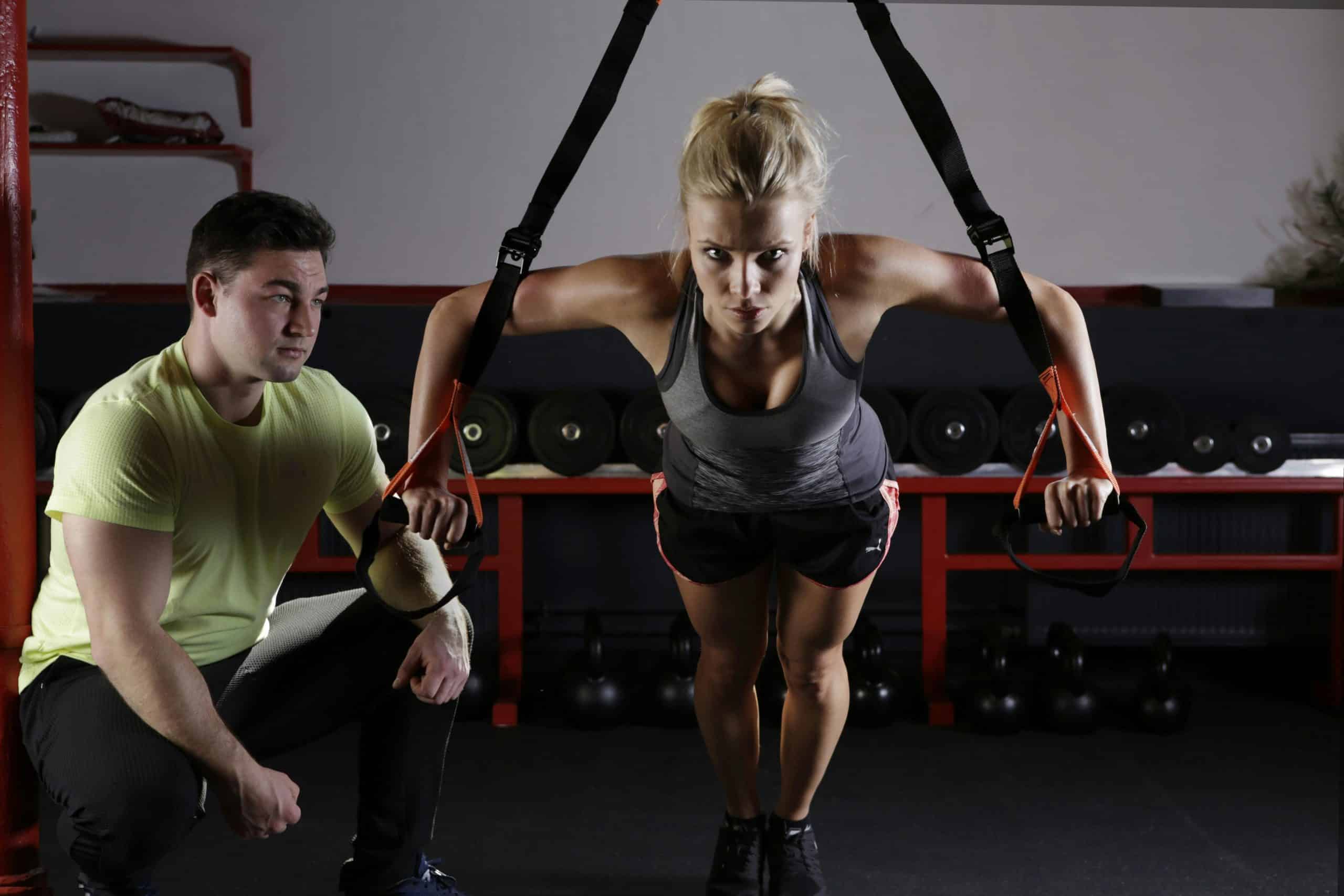Can UK sports medicine specialists design customized rehabilitation programs for athletes after ACL reconstruction?

As sports enthusiasts or athletes, you're often faced with the risk of injuries, some of which could be life-altering. One such injury is the ACL injury, which can leave athletes sidelined and in need of long term rehabilitation. Anterior cruciate ligament (ACL) injuries are particularly common in sports that involve rapid direction changes, jumping, and deceleration like football, basketball, and skiing. The question now is, can UK sports medicine specialists design customized rehabilitation programs for athletes after ACL reconstruction?
Understanding ACL and Its Importance
Before we dive into the depth of the subject, let's understand the basics. The Anterior Cruciate Ligament (ACL) is a vital ligament in the knee joint that connects the thigh bone to the shinbone. Its primary role is to provide stability to the knee joint during lateral and rotational movements.
A découvrir également : How can UK pathologists use digital pathology to enhance accuracy in cancer diagnosis?
An ACL injury happens when the ligament is stretched beyond its capacity and tears. According to an analysis published on Pubmed, ACL injuries account for up to 50% of all knee injuries in sports. Given its pivotal role in leg movement, an injury can be highly debilitating, affecting an athlete's performance and career.
The Process of ACL Reconstruction
ACL reconstruction, abbreviated as ACLR, is a surgical procedure to replace the torn ACL with a graft. The graft may be harvested from other parts of the patient's body, like the hamstring tendon or the patellar tendon. In some cases, a donor graft may be used.
Sujet a lire : How are UK pediatric allergists using oral immunotherapy to treat peanut allergies in children?
The surgery aims to restore the function of the knee and reduce the risk of further injury. ACLR is often followed by a rigorous rehabilitation program, which is crucial for recovery and return to sports (RTS). Each athlete's recovery time varies based on the severity of the injury, the athlete's overall health, and the efficiency of the rehabilitation program.
Designing Customized Rehabilitation Programs
After ACLR, the focus shifts to rehabilitation. The rehabilitation program should be tailored to the athlete's specific needs and sport. This is where the expertise of a sports medicine specialist comes into play.
A study published on PMC highlighted that recovery after ACLR is not just about physical healing but also about regaining confidence and overcoming the psychological impact of the injury. Therefore, a comprehensive rehabilitation program should incorporate physical therapy, mental conditioning, and sport-specific training.
Sports medicine specialists in the UK have access to advanced resources like medical imaging tools, performance analysis software, and sports psychology services. They can leverage these tools to design and implement rehabilitation programs that are not only effective but also adaptable to the athlete's progress.
Factors That Influence Rehabilitation and RTS
The rehabilitation journey is not linear, and the RTS timeline can vary significantly among athletes after ACLR. Several factors can influence these, and understanding these can help design a more effective rehabilitation program.
One of the important factors is the type of sport. For instance, athletes involved in sports that require a lot of running and jumping may need more time for rehabilitation. Similarly, the position played in a team sport can also impact the RTS timeline.
Another crucial factor is the athlete's psychological readiness. Fear of re-injury can be a significant barrier to RTS. Sports medicine specialists should work closely with sports psychologists to address these barriers and build confidence in athletes.
Role of Med Analysis in Rehabilitation
Med analysis plays a vital role in designing effective rehabilitation programs. It is a systematic review of a patient's medical history, surgical details, and progress during rehabilitation.
With the help of tools like DOI (Digital Object Identifier), specialists can track and analyze the latest research and developments in ACLR rehabilitation. The insights derived from these analyses can guide the design of rehabilitation programs, making them more effective for the athlete's recovery and RTS.
In conclusion, given the increasing incidence of ACL injuries in sports, it's reassuring to know that sports medicine specialists in the UK are equipped with the knowledge and resources to design customized rehabilitation programs. With their help, athletes wounded by ACL injuries can potentially get back on their feet and return to the sport they love.
Advanced Technologies to Aid Rehabilitation
In recent years, the use of technology in sports medicine has been on the rise. It offers new possibilities for injury prevention, diagnosis, treatment, and rehabilitation. The use of technology can be especially beneficial in the design of personalised rehabilitation programs after ACL reconstruction.
One such advanced technology is digital imaging, which has revolutionised medicine. High-definition imaging techniques, like Magnetic Resonance Imaging (MRI) and Computed Tomography (CT), provide a detailed view of the injured knee. This helps in assessing the extent of the injury, planning the reconstruction surgery, and monitoring the progress during rehabilitation.
Performance analysis software is another cutting-edge tool used by sports medicine specialists. This software enables the analysis of biomechanical data, such as movement patterns and muscle activity. It assists in identifying any abnormalities or weaknesses that need to be addressed during rehabilitation.
For instance, the drop jump test is an analysis technique used to evaluate the athlete's neuromuscular control and readiness to return to sport. It involves a task of hopping from a small height and immediately jumping vertically as high as possible. Any discrepancies in the landing motion between the two legs may indicate a need for further training and conditioning.
Simultaneously, the use of sports psychology services is crucial in managing the psychological aspects of injury and recovery. Fear of re-injury and lack of confidence can hamper an athlete's RTS. Sports psychologists can work with athletes to help them cope with these fears and build resilience.
The Future of ACL Rehabilitation in the UK
The field of sports medicine, particularly in ACL rehabilitation, is continually evolving. With advancements in technology, increased understanding of the injury and recovery process, and a team-based approach involving sports medicine specialists, physical therapists, and sports psychologists, the prospects for athletes recovering from ACL injuries are promising.
One such advancement is the use of stem cell therapy in ACL reconstruction. According to a systematic review published on PubMed Google, stem cells may enhance the healing of the ACL graft and potentially reduce the rehabilitation time. However, further research is needed to validate these findings.
Another promising area is the use of virtual reality (VR) in rehabilitation. VR can simulate real-world sports scenarios, allowing athletes to train and regain their skills in a safe and controlled environment.
In addition, sports medicine specialists are constantly updating their knowledge through resources like Google Scholar and Med DOI. These platforms provide access to a vast amount of scientific literature, facilitating the integration of the latest research findings into clinical practice.
In conclusion, while an ACL injury can be career-threatening for athletes, the future of ACL rehabilitation in the UK looks bright. With a personalised approach to rehabilitation, utilising advanced technologies and evidence-based practices, athletes have a real chance to recover and return to their beloved sport. The field of sports medicine in the UK is well-positioned to tackle the challenges of ACL injuries and help athletes rebound from this setback.
